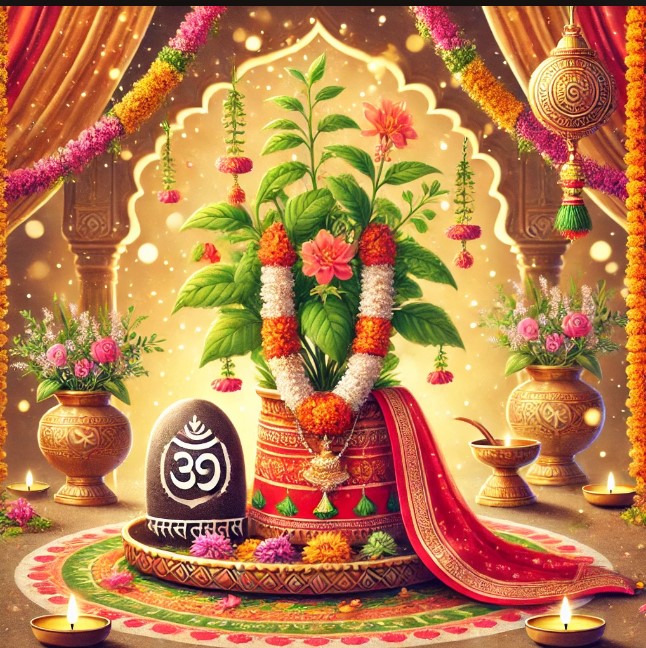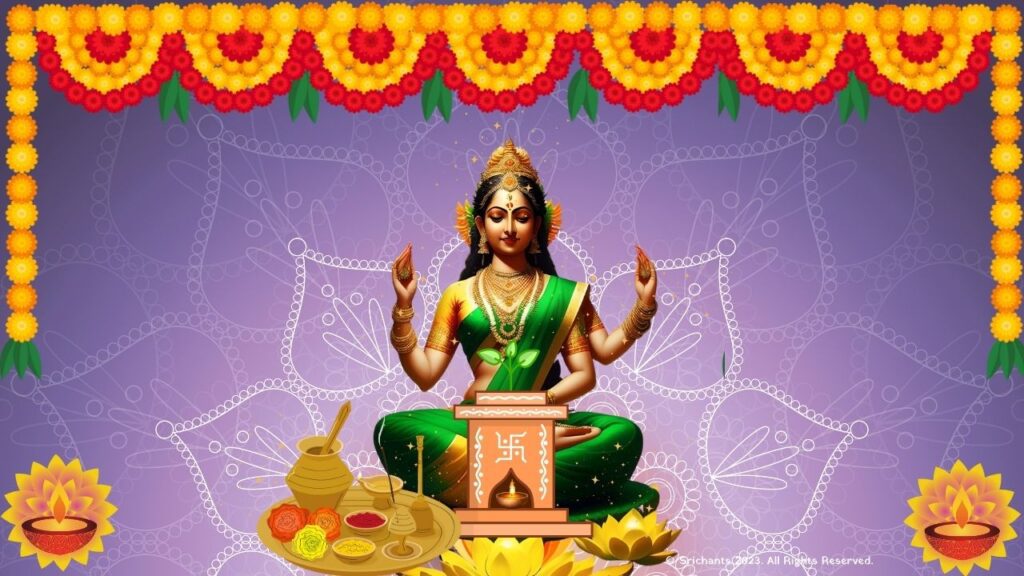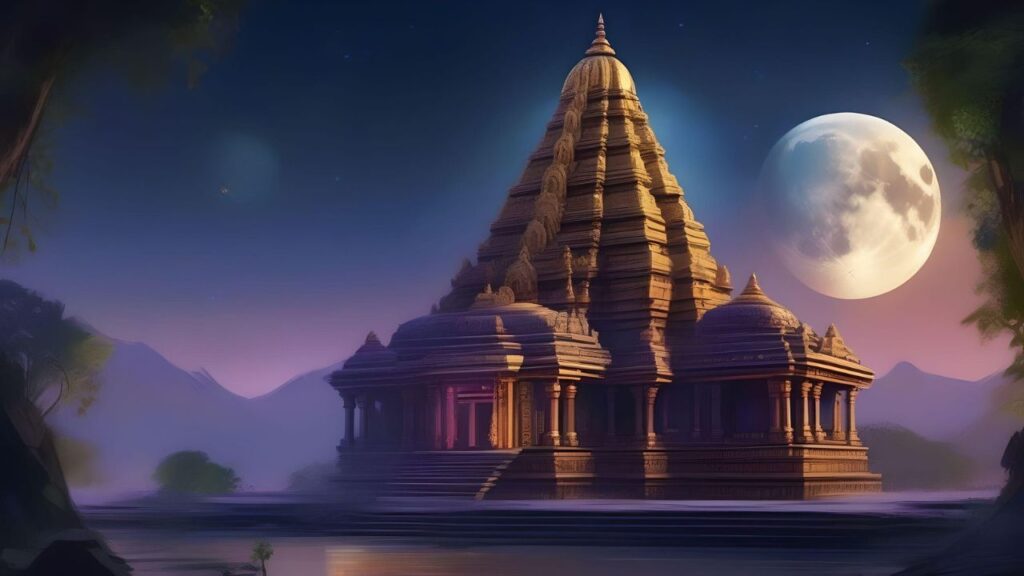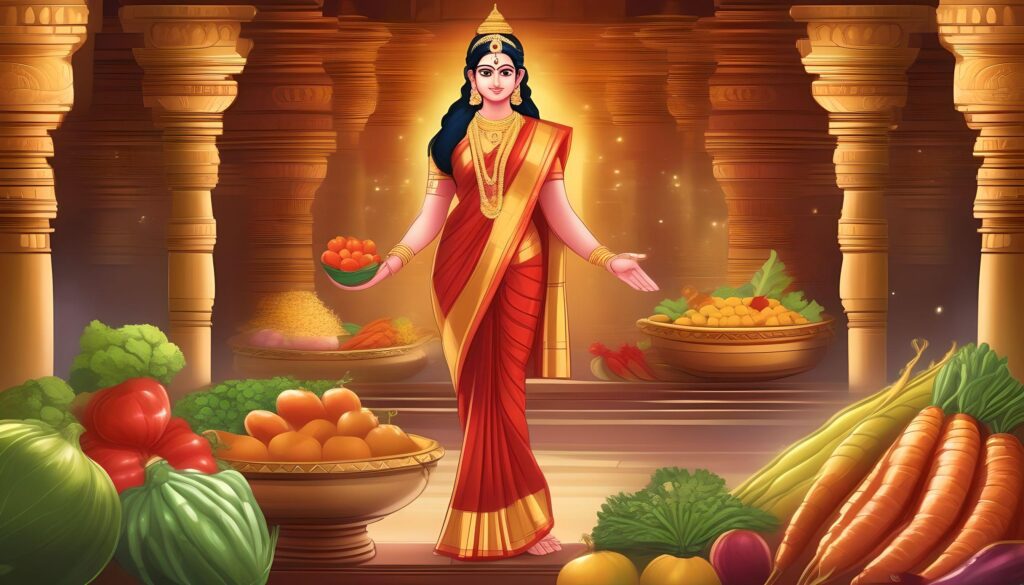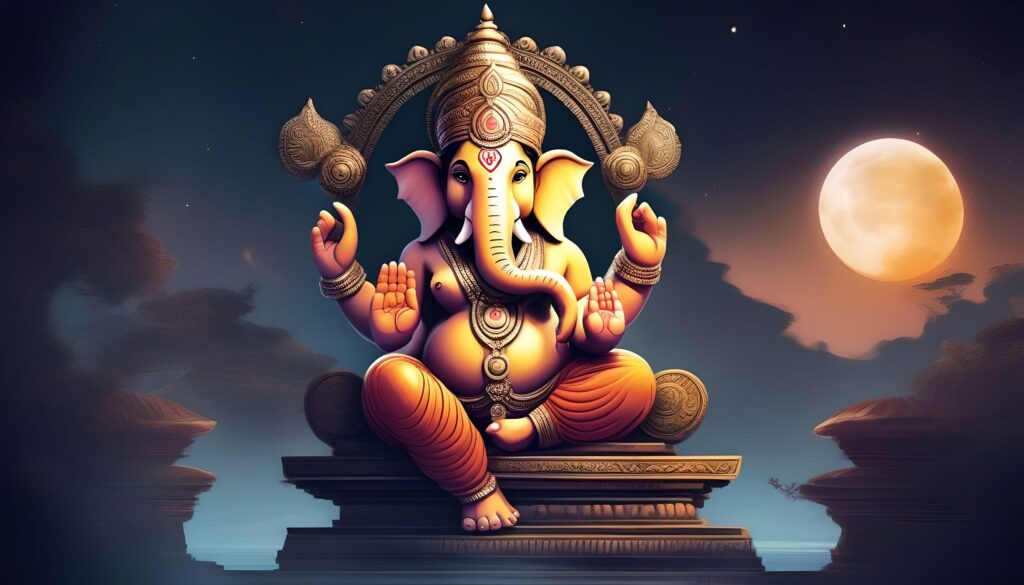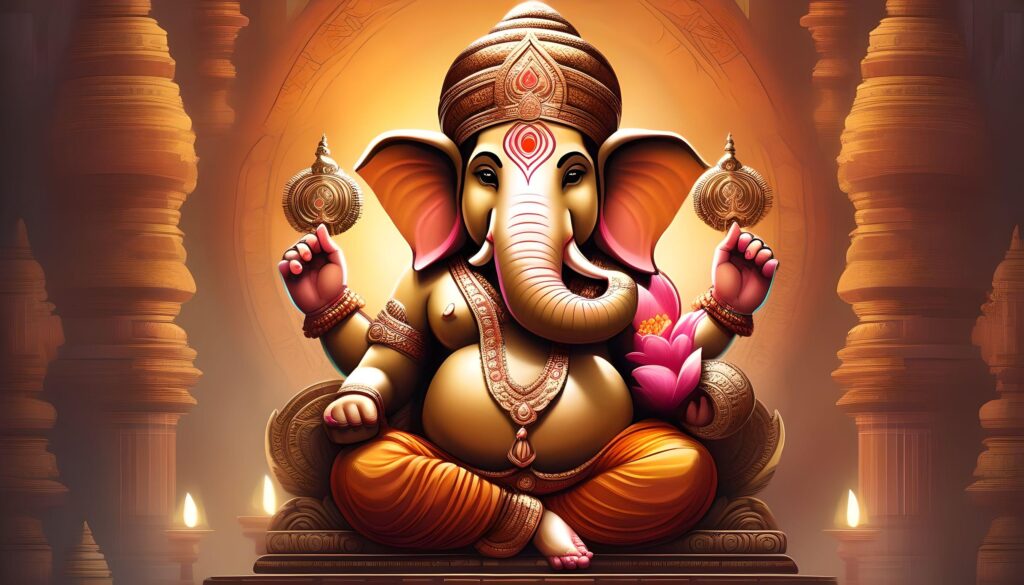Tulsi Vivah: Festival That Brings Prosperity to Your Home
Introduction
Especially among Hindus practicing the Vaishnav faith, tulsi Vivah is a popular Hindu holiday attended with great fervor all over India. It honors the ceremonial marriage of Hindu sacred plant Tulsi with Lord Vishnu, or one of His avatars. This odd wedding custom is followed in many houses and temples. According to the Hindu lunar calendar, tulsi vivah normally falls in the month Kartika, either October or November. Usually beginning on the eleventh day of Kartika’s (Kartik Shukla Ekadashi) brilliant half, the celebration last for five days.
Tulsi Vivah has more importance than just personal religious inclination. The festival represents cultural values, offers moral principles, and keeps faith in the supernatural intact. Considered as a representation of Goddess Lakshmi, Lord Vishnu’s spouse, tulsi—also known as the holy basil—is This is the reason her marriage to Vishnu is seen with great reverence and tremendous passion. Let’s investigate carefully the roots, legends, practices, and symbolism of Tulsi Vivah.
Legend Behind Tulsi Vivah
Around Tulsi Vivah, Hindu mythology tells the story about a demon called Jalandhar and his wife, Vrinda. Strong demon Jalandhar won by his wife’s virtue and loyalty. Devoted wife Vrinda ardent disciple of Lord Vishnu. Her adoration of her husband and allegiance to Lord Vishnu gave Jalandhar an invisible barrier protecting him from his foes—including the gods.
Jalandhar destroyed Earth and the heavens, therefore upsetting the gods. To have him gone, Lord Vishnu had to intervene. He deceived Vrinda by passing for Jalandhar, therefore transgressing her chastity. When Vrinda realized the truth, saddened, she cursed Vishnu and transformed him into a stone (Shaligram). Her spirit came to show as the sacred Tulsi plant after death. Declared to be devoted, Lord Vishnu pledged to wed Vrinda in the guise of the Tulsi plant. Called Tulsi Vivah, this symbolic marriage honors her unflinching loyalty and virtue.
Significance of Tulsi Plant in Hinduism
Tulsi, commonly known as Holy Basil, is highly revered in Hindu families. Thought of as a divinity in the form Vrinda, the plant is much loved and grown in many houses. A Tulsi plant kept in the house is thought to bring wealth, peace, and great energy. Particularly in worship linked to Lord Vishnu and His avatars like Krishna and Rama, tulsi leaves are also a necessary part of religious rites and are often used in prayers.
The medicinal properties of tulsi enhance its esteemed standing even further. Holy basil is used in Ayurvedic treatments for ailments including coughing, cold, and respiratory difficulties since of its health benefits. Moreover expected to purify the air and progress spiritual well-being is tulsi.
Importance of Tulsi Vivah in Hindu Culture
Tulsi Vivah is more than just a festival; she represents excellent spiritual values. Celebrating Tulsi Vivah reflects the link between people and the surroundings and allows one to appreciate them. It teaches people to appreciate and protect the around vegetation, especially the holy ones.
Tulsi Vivah also commemorates the conclusion of the Chaturmas period, a four-month interval considered as negative for carrying out any auspicious rites including marriage. After Tulsi Vivah, the wedding season begins and the time is seen as lucky. Since it signifies a suitable time for celebrations including weddings, tulsi vah is quite significant.
When and Where is Tulsi Vivah Celebrated?
Kartik Shukla Ekadashi is tulsi Vivah celebrated on the eleventh day of the bright half of Kartika. This day is also known as Dev Uthani Ekadashi or Prabodhini Ekadashi as the four-month sleep of Lord Vishnu ends in the cosmic ocean.
Though celebrations of Tulsi Vivah are observed all over India, states such Maharashtra, Gujarat, Rajasthan, Uttar Pradesh, and South India especially value it. Devotees spend the festival fervuously in their homes as well as at temples.
Rituals and Ceremonies of Tulsi Vivah
- Preparations for the WeddingPreparation for Tulsi Vivah begins days in advance. A Tulsi plant is usually placed in a decorated pot or Tulsi Vrindavan (a small altar specifically for the Tulsi plant). The plant is decorated with garlands, bangles, and a saree as if she is a bride. The entire area around the plant is adorned with rangoli, lamps, and flowers.
- Setting the Wedding AltarIn many homes, a small altar is set up where the wedding ceremony will take place. A Shaligram (a sacred black stone representing Vishnu) is often placed near the Tulsi plant. The altar is decorated with flowers, fruits, and other offerings. The Shaligram represents Lord Vishnu, the groom in this divine marriage.
- The Wedding CeremonyJust like a traditional Hindu wedding, the Tulsi Vivah ceremony is performed with rituals. A priest or the head of the family recites prayers and chants, invoking the blessings of the gods. The Shaligram and Tulsi are adorned with sacred threads and garlands. Then, the ritual of Kanyadaan, or giving away the bride, is symbolically performed, and the marriage is solemnized by tying a thread between the Shaligram and the Tulsi plant.
- Feast and Prasad DistributionAfter the wedding ceremony, prasad (holy food offering) is distributed among family members, friends, and neighbors. The prasad usually includes sweets, fruits, and food prepared as part of the celebrations. Some people also prepare a traditional wedding feast, which is shared among guests to celebrate the union.
The Symbolism of Tulsi Vivah Rituals
Deep symbolism of Tulsi Vivah reflects accepted Hindu philosophy. The marriage of tulsi and Vishnu symbolizes the holy meeting with the bhakti, or loyalty. It conveys moral ideas including faith, loyalty, and the importance of moral traits for life.
Reflecting purity and commitment, the tulsi plant counsels people to keep modest and honest. Since Tulsi is regarded as a goddess in Hindu society, the ritual also highlights the importance of women there. Apart from the festivities, they contribute to improve the bond between people and the surroundings.
How Tulsi Vivah is Celebrated in Different Regions
- Maharashtra and GujaratIn Maharashtra and Gujarat, Tulsi Vivah is celebrated with a lot of excitement. People set up grand decorations in their homes and temples. In some places, young girls take an active part in the rituals, symbolizing the bride’s role.
- Uttar PradeshIn Uttar Pradesh, Tulsi Vivah is celebrated as part of the Kartik month festivals. People decorate the Tulsi plant in elaborate styles, and the celebrations continue for a few days, concluding with the marriage ceremony.
- South IndiaIn South India, Tulsi Vivah is sometimes celebrated along with other festivals dedicated to Lord Vishnu. People offer special prayers to Tulsi and observe fasting on this day. In some parts, a temporary mandap (wedding canopy) is set up for the wedding ceremony, complete with traditional decorations.
- RajasthanIn Rajasthan, Tulsi Vivah is celebrated with music and dance. The women dress in colorful traditional attire, and the ritual is performed with utmost reverence. Families come together, and a feast is prepared for the occasion.
Tulsi Vivah in Modern Times
The fundamental remains the same even if some features of the celebration of Tulsi Vivah have changed recently. Many families see the event just, without elaborate rituals, stressing instead on prayers and fidelity. Many in cities honor Tulsi Vivah in temples or participate in public celebrations instead of having the ceremony at home.
Thanks to the internet and social media, tulsi vivah is now readily accessible to people all around; many of them share their festivities with friends and relatives online.
Conclusion
The beautiful event called Tulsi Vivah combines devotion, environmental awareness, and cultural sensitivity. Not merely a religious practice, it honors ideas, ethics, and our relationship with the planet. The celebration helps us to take care of our ideas, respect moral standards, and appreciate the surroundings. Since their rituals and legends provide perceptive study of their beliefs, millions of Hindus honor tulsi Vivah with love and reverence.
For those of which it marks, tulsi Vivah is a celebration of divine oneness, a reminder of Vrinda’s sacrifice, and a celebration of pure dedication. Celebrating Tulsi Vivah, people honor a goddess while also carrying forward spiritual, loving, and environmental respect legacy. People still find inspiration in this ageless habit to connect to their beliefs and background. This is the Story of Vishnu Marriage
#tulsivivah #vivah #marriage #goddess
